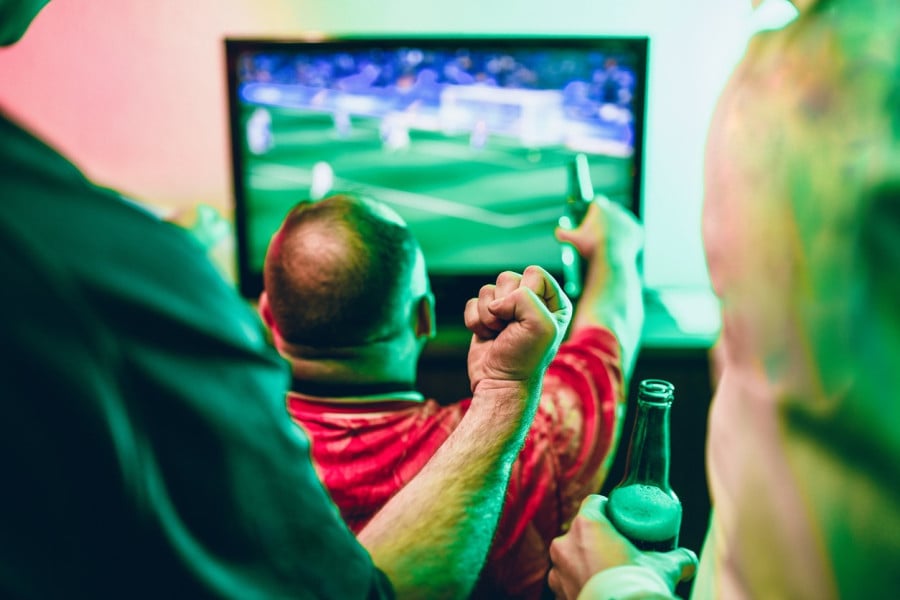What Sponsors Can Learn From The 2022 World Cup Beer Fiasco

Cast your mind back to mid-November 2022 in the days leading up to start of the Qatar World Cup – before the rapturous scenes of celebration in Buenos Aires, the Messi magic, the Moroccan cup run and Harry Kane’s penalty anguish. With just two days to go until the first match of the tournament, Qatar's Al Thani royal family announced an 11th hour a ban on all beer within stadiums at the tournament, which threatened to derail Budweiser’s lucrative $75m sponsorship deal with FIFA as the exclusive beer supplier for the World Cup.
Although Qatari authorities had previously indicated a willingness to relax alcohol restrictions in the country to allow FIFA sponsors to sell their products at matches, this last minute U-turn meant beer was firmly off the menu ‘in and around’ tournament stadiums. It left many speculating about what rights Budweiser might enforce if FIFA were unable to deliver on the agreed terms of their sponsorship deal, and more pertinently, what were Budweiser going to do with all the superfluous beer? Rumours swirled of lawyers sweating over the wording of the painstakingly drafted sponsorship agreements and a potential legal case brewing on the horizon for breach of contract.
In the end, it was perhaps all just a storm in a pint glass. The tournament played out to much fanfare and Budweiser capitalised on the situation by rolling-out an innovative #BringHomeTheBud marketing campaign – promising to redeploy the unused crates of beer and host a celebration for the ultimate winners of tournament. As it happened, the celebrations kicked-off after the official watch party in Buenos Aires with the opening of the #BringHomeTheBud crates, with Budweiser managing to recoup some of the brand awareness it lost in Qatar.
However, this case study raises interesting questions around what safeguards sponsors should look to bake-in to their sponsorship contracts to protect against this kind of situation, and what rights/remedies are typically available to sponsors when their sponsorship rights can no longer be delivered as planned?
This article looks at the different methods that sponsoring entities can implement in order to protect their interests.
To continue reading or watching login or register here
Already a member? Sign in
Get access to all of the expert analysis and commentary at LawInSport including articles, webinars, conference videos and podcast transcripts. Find out more here.
- Tags: Blogs | Commercial Law | Contract Law | Cricket | Football | Intellectual Property | Lewis Silkin | Olympic | Rugby | Sport
Related Articles
- Trademarked For Success – What Can Athletes Learn From Usain Bolt’s Legendary Victory Celebration?
- Why BrewDog’s ‘Anti-Sponsoring’ World Cup Campaign May Land Them In Trouble
- FIFA Intellectual Property Rights Guidelines on the FIFA World Cup 2022®
- Cooperation In Staging Major Sports Events - Why Is Compromise Becoming So Tricky?
- The NCAA's New NIL Guidance: What Do You Need to Know
- Juventus FC Secures Landmark Ruling Securing Trade Mark Rights For NFTs
Written by
JJ Shaw
JJ is a Senior Associate in Lewis Silkin’s Sports Business Group specialising in commercial, media and IP issues within sport. He was recognised as a Sport Industry Group Next Gen Leader 2022 (30 under 30).

 Global Summit 2024
Global Summit 2024